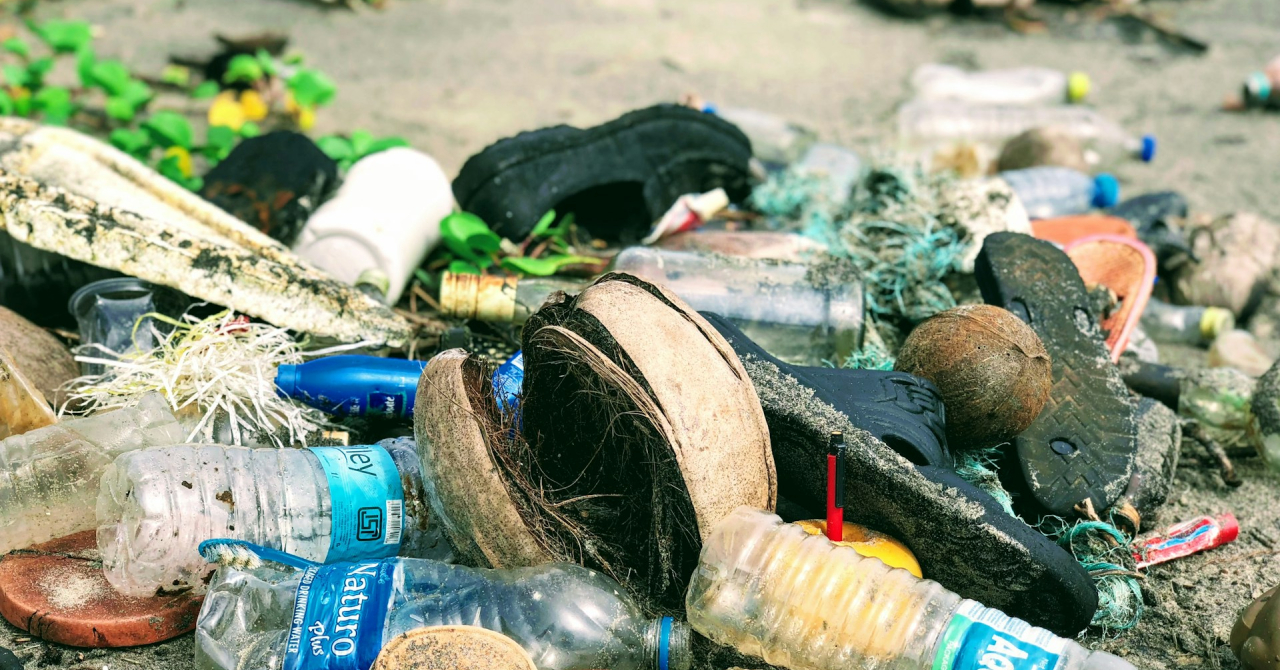MEPs ensured that the new rules contain the so-called qualified offence, such as large-scale forest fires or widespread pollution of air, water and soil, which leads to an ecosystem being destroyed and is therefore comparable to ecocide.
Every member state of the European Union has 2 years to translate the directive into its specific state legislation.
Environmental crimes committed by individuals and company representatives would be punishable with imprisonment depending on how long-lasting, severe or reversible the damage is. Qualified offences could be punished with eight years, those causing the death of a person with ten years in prison and the other offences with up to five years of imprisonment.
All offenders would be required to reinstate the damaged environment and compensate for it. They might also face fines. For companies the fines will reach 3 or 5% of their yearly worldwide turnover or alternatively 24 or 40 million euro depending on the nature of the crime. Member states will be able to decide whether to prosecute criminal offences that did not take place on their territory.
EU legislators also agreed upon a nature restauration law, by which member states must restore at least 30% of habitats covered by the new law (from forests, grasslands and wetlands to rivers, lakes and coral beds) from a poor to a good condition by 2030, increasing to 60% by 2040, and 90% by 2050.
MEPs insisted that whistleblowers reporting on environmental offences should be provided with support and assistance in the context of criminal proceedings. MEPs also ensured that member states will organise specialised training for police, judges and prosecutors, prepare national strategies and organise awareness-raising campaigns to fight environmental crime.
Data collected by EU governments about environmental offences should help better address this issue and the Commission to update the list regularly.
Following the plenary vote, European Parliament rapporteur Antonius Manders (EPP, NL) said that "under this agreement, polluters will pay. What is more, it is a major step in the right direction that any person in a leading position at a company responsible for polluting can be held liable as well the business itself. With the introduction of a duty of care, there is no where else to hide behind permits or legislative loopholes."
The directive will enter into force on the twentieth day following its publication in the EU Official Journal. Member states will have two years to transpose the rules into their national systems.
 Mihai - Cristian Ioniță
Mihai - Cristian Ioniță












Any thoughts?